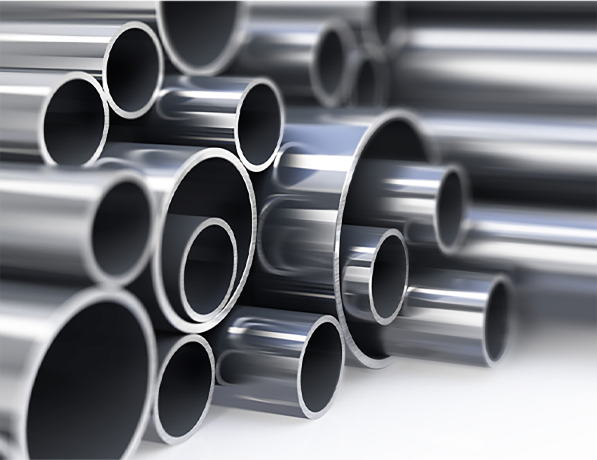
The Importance and Functionality of Mechanical Hardware Parts
Mechanical hardware parts are essential components in various machines and systems, serving a multitude of functions across diverse industries. From everyday appliances to complex industrial machinery, these parts enable functionality, durability, and efficiency. Understanding the significance of mechanical hardware components can help individuals and businesses make informed decisions regarding their applications and maintenance.
What Are Mechanical Hardware Parts?
Mechanical hardware parts encompass a wide range of components used in mechanical systems. This category includes fasteners like screws, bolts, and nuts; bearings; gears; linkages; shafts; and housings, among others. Each of these components plays a specific role in ensuring that machinery operates smoothly and effectively.
1. Fasteners Fasteners are perhaps the most recognizable mechanical parts. They are used to join objects together securely. The selection of the correct fastener is crucial as it directly impacts the strength and stability of the assembly. For instance, screws can provide a strong hold for lighter materials, while bolts are typically used for heavier applications requiring additional strength.
2. Bearings Bearings reduce friction between moving parts, supporting rotational movement and enabling smooth operation. They are vital in applications ranging from electric motors to automotive engines. The choice of bearing type—such as ball bearings or roller bearings—depends on load, speed, and operating environment.
3. Gears Gears are mechanical devices that transmit power and motion between different parts of a machine. They can change the direction of movement, increase torque, and adjust speed. From simple gear trains in clocks to complex gear systems in vehicles, gears are fundamental in various mechanisms.
4. Linkages Linkage systems convert linear motion into rotational motion or vice versa. They are widely used in machines to create desired movements and are crucial in applications such as robotics and automotive engineering.
5. Shafts Shafts are rotating axle-like components that transfer power and motion within a machine. They connect different parts, such as machines to their motors, and must be designed to withstand significant stress and rotation forces.

6. Housings Housings are protective enclosures for mechanical components, providing support and shielding from external elements. They often play a crucial role in ensuring the longevity and reliability of the parts they contain.
Applications in Different Industries
Mechanical hardware parts find applications in countless industries. In the automotive sector, these components are critical for the assembly of engines, transmissions, and chassis. The construction industry relies on mechanical parts for heavy machinery, cranes, and lifting equipment. In manufacturing, machinery and automation systems use a plethora of mechanical hardware to enhance productivity and efficiency.
Moreover, consumer electronics integrate mechanical hardware parts in devices like washing machines, refrigerators, and computers
. Even in the aerospace industry, where precision is paramount, these components are essential for maintaining the safety and functionality of aircraft.The Future of Mechanical Hardware Parts
With advancements in technology, the design and manufacturing of mechanical hardware parts are evolving rapidly. Innovations such as 3D printing and computerized numerical control (CNC) machining allow for the production of highly customized and efficient components. Moreover, the growing emphasis on sustainability is spawning the development of eco-friendly materials for hardware parts, reducing environmental impact while maintaining strength and durability.
Integrating smart technologies into mechanical parts is another trend reshaping the industry. Smart sensors embedded in mechanical hardware can monitor performance, predict failures, and communicate data in real-time, enhancing preventative maintenance and operational efficiency.
Conclusion
In summary, mechanical hardware parts are foundational elements in a multitude of systems and machines. Their importance spans across various industries, contributing significantly to efficiency, safety, and performance. As technology continues to advance, the future of mechanical hardware parts promises enhanced functionality, sustainability, and integration with smart technologies. Understanding these components and their applications is essential for anyone involved in engineering, manufacturing, or maintenance of mechanical systems. Whether you are designing a new product or maintaining an existing system, acknowledging the role of mechanical hardware parts is crucial for achieving success and reliability.